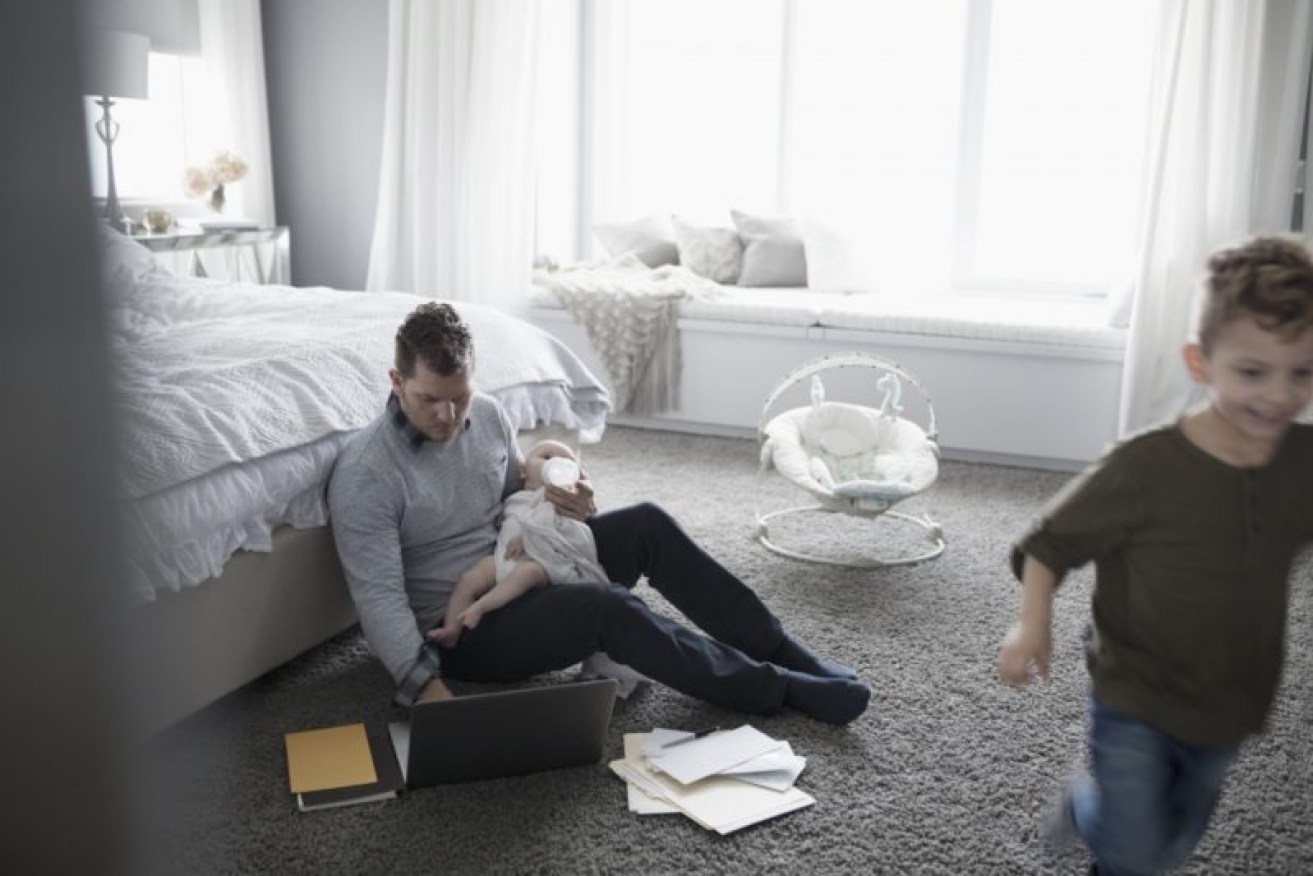‘Rich are getting richer, poor are getting poorer’: ME Bank


The cost of essentials is worrying Australians. Photo: Getty
Australia’s headline economic figures might be improving, but the average punter is not feeling any better off.
That was the major takeaway from ME bank’s latest twice-yearly Household Financial Comfort Report.
The index, which surveys how ordinary Australian perceive their own financial wellbeing, came in at a mediocre 5.49 out of 10.
“We’re stuck in a rut,” economist Jeff Oughten, the report’s co-author, said.
“Improvements in some measures of financial comfort linked to better employment conditions were offset by a fall in comfort with living expenses.”
Despite strong employment growth, the cost of necessities remained “a worry”, Mr Oughton said.
“The survey found that 46 per cent of people said the cost of necessities like fuel, utilities and groceries had worsened while for 40 per cent of respondents the cost of necessities was their biggest worry.”
Overall households’ comfort with paying monthly living expenses fell 3 per cent to 6.4 out of 10 during the December 2017 half, the lowest it’s been since mid-2014.
The chart from the survey above demonstrates an increasing polarisation in the community.
Of those in the top economic position, 69 per cent reported improved financial comfort over the year while for those in the weakest economic position, 61 per cent reported their finances had worsened and only 10 per cent felt their finances had improved.
“In other words, the rich are getting richer and the poor are getting poorer,” Mr Oughton said.
A widening divide in household financial comfort levels is clearly evident across incomes, generations, housing tenures and regions.”
The report found that over the December half, 16 per cent of households were not always able to pay their utility bills on time, while 19 per cent sought financial help from family or friends and 13 per cent had pawned or sold something to buy necessities.
That, Mr Oughton said, was a clear illustration of bill stress, particularly for those on lower incomes.
But for younger people there was some overall improvement. Households under 35 years old without children reported a rise in financial comfort levels of 8 per cent and a 2 per cent rise in living expense comfort.
That group is likely to have benefited from improved employment conditions while lacking the burden of childcare costs or potentially a mortgage.
The workforce is divided in its financial experience with 51 per cent of full-time workers improving their incomes.
By contrast 41 per cent of part-time workers reporting no change and 40 per cent of the self-employed and 29 per cent of casuals saying they were worse off and many reporting they wanted more hours.
The rising cost of housing is making itself felt widely. “Nearly a third of households – 31 per cent – reported contributing over 40 per cent of their disposable household income on their rent or mortgage, a common indicator of financial stress,” Mr Oughten said.
This broke down to 40 per cent of renters spending 40 per cent or more of their disposable income on rent and 26 per cent of homeowners spending 40 per cent or more of their disposable income paying their mortgage.
Seven per cent of households reported they “could not always pay their mortgage on time” and 7 per cent “could not pay their rent on time”.
Mr Oughten said low wage growth was dampening the economy. “A year ago [Reserve Bank Governor] Phil Lowe said to ask the boss for a pay rise. If you ask for one the answer is probably ‘no’ so the government has said they want to give you a tax cut to provide an economic boost.”
On a positive note, confidence in the ability to maintain lifestyles with no income for three months’ improved − up 3 per cent.








